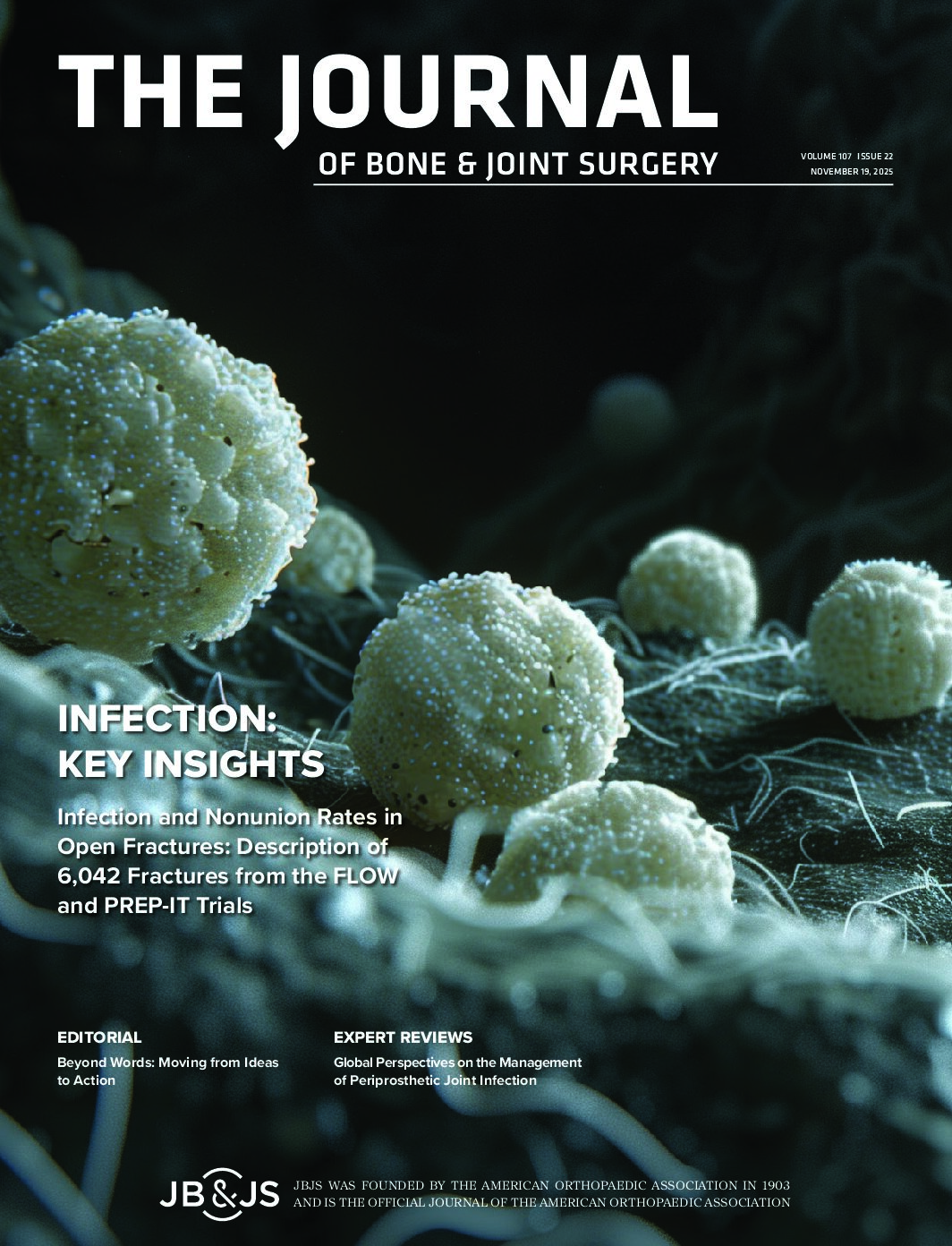Surgical site infections (SSIs) can cancel out the benefits of surgery, and they’re the number-one cause of hospital readmissions following surgery. The most prevalent pathogenic culprit is Staphylococcus aureus.
A study of patients undergoing cardiac or hip or knee arthroplasty surgery at 20 hospitals in nine states found that the following protocol reduced the rate of complex (deep incisional or organ-space) S. aureus SSIs by about 40% overall—and by about 50% among patients undergoing hip or knee arthroplasty (an absolute difference of 17 infections per 10,000 joint replacements):
- Preoperative screening of nasal samples
- Intranasal mupirocin and chlorhexidine baths for up to five days prior to surgery for patients testing positive for methicillin-resistant S. aureus (MRSA) or methicillin-susceptible S. aureus (MSSA)
- Perioperative prophylaxis with vancomycin plus cefazolin or cefuroxime for MRSA carriers and perioperative cefazolin or cefuroxime for all others
Rates of complex SSIs decreased most substantially among patients who were fully adherent to the protocol, although only 39% of the subjects experienced implementation of all the steps. Adherence rates were especially low among those who presented in urgent and emergency settings.
In an editorial accompanying the study, Preeti Malani, MD wrote that “although the absolute difference [in infections] seems modest, each complex SSI prevented is clinically meaningful.”


